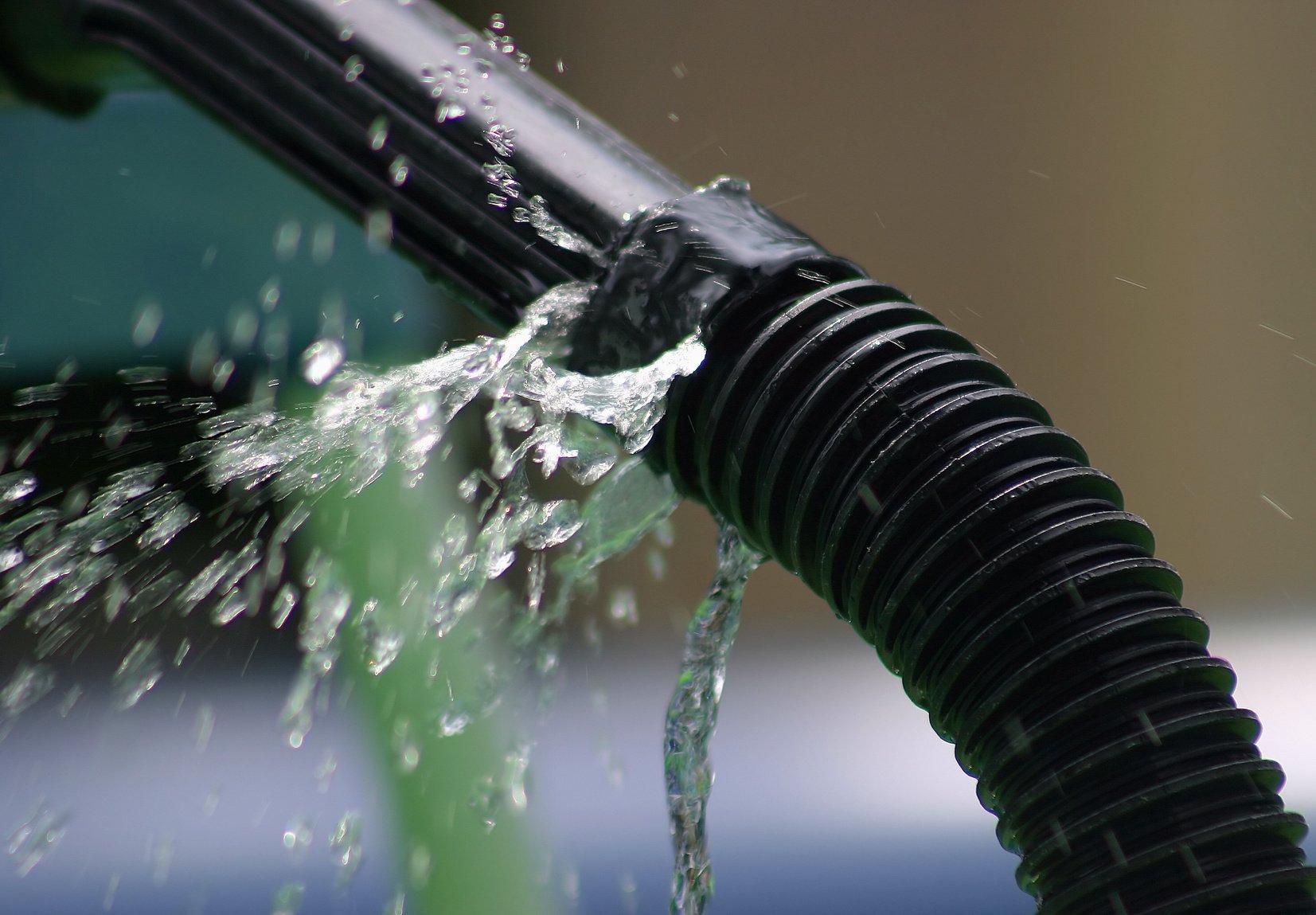Find Out Common Factors Contributing To Water Leakage Within Your House
Find Out Common Factors Contributing To Water Leakage Within Your House
Blog Article
They are making a number of great pointers on How to Find Water Leaks overall in this content following next.

Leakages not just create waste of water yet can additionally create unneeded damages to your house as well as promote unwanted organic growth. Water leaks might go unnoticed since many of the pipework in our house is concealed. By comprehending and looking for day-to-day circumstances that create leaks, you can secure your residence from future leaks as well as unneeded damage. Today, we will check out 6 leak triggers that might be creating your pipes to drip.
Elbowing in origins
The majority of water leakages start outside the residence instead than inside it. You might observe damp patches or sinkholes in your lawn, as well as that could mean that tree roots are getting into water lines creating water to permeate out.
Rusty water systems
As time passes by, your plumbing system ages as well as rust such as corrosion might begin gnawing the pipelines. This may be the source of staining or bending on your pipes. This asks for an inspection with your plumber right away. Think about changing the pipelines given that they are at a higher risk of rust than the newer designs if our plumbing system is old.
Malfunctioning Pipeline Joints
Pipe joints can deteriorate over time, resulting in water leakages. If you have loud pipelines that make ticking or banging noises, especially when the hot water is transformed on, your pipeline joints are most likely under a lot of stress.
Instantaneous temperature level modifications.
Extreme temperature changes in our pipes can create them to expand as well as contract all of a sudden. This expansion as well as contraction might cause splits in the pipelines, specifically if the temperature level are listed below cold.
Poor Water Connectors
At times, a leakage can be caused by loosened hose pipes and also pipelines that provide your home appliances. In case of a water connections leakage, you might notice water running directly from the supply line or puddles around your home appliances.
Obstructed Drains
Obstructed drains might be frustrating and also inconveniencing, yet they can sometimes end up causing an overflow resulting in rupture pipes. Keep eliminating any type of materials that may go down your drains that could block them to avoid such aggravations.
All the above are causes of leakages however not all water leaks arise from plumbing leakages; some leaks may come from roof leaks. All leakages need to be fixed quickly to stay clear of water damages.
Leaks not just create waste of water however can also cause unneeded damage to your home and also promote unwanted natural growth. By looking and recognizing for day-to-day situations that create leaks, you can shield your home from future leakages and unnecessary damages. Today, we will look at six leakage causes that may be creating your pipes to leak.
At times, a leakage can be caused by loose pipes and also pipelines that provide your appliances. In situation of a water links leakage, you might notice water running directly from the supply line or puddles around your home appliances.
How To Check For Water Leak In Your Home
How To Check for Leaks
The average household's leaks can account for nearly 10,000 gallons of water wasted every year and ten percent of homes have leaks that waste 90 gallons or more per day. Common types of leaks found in the home are worn toilet flappers, dripping faucets, and other leaking valves. These types of leaks are often easy to fix, requiring only a few tools and hardware that can pay for themselves in water savings. Fixing easily corrected household water leaks can save homeowners about 10 percent on their water bills.
To check for leaks in your home, you first need to determine whether you're wasting water and then identify the source of the leak. Here are some tips for finding leaks:
Take a look at your water usage during a colder month, such as January or February. If a family of four exceeds 12,000 gallons per month, there are serious leaks.
Check your water meter before and after a two-hour period when no water is being used. If the meter changes at all, you probably have a leak.
Identify toilet leaks by placing a drop of food coloring in the toilet tank. If any color shows up in the bowl after 10 minutes, you have a leak. (Be sure to flush immediately after the experiment to avoid staining the tank.)
Examine faucet gaskets and pipe fittings for any water on the outside of the pipe to check for surface leaks.
Undetected water leaks can happen without the home or business owner even realizing. If you suspect a water leak, but not able to find the source. It is time to contact a professional water leak detection service, The Leak Doctor.
How To Find a Water Leak In Your Home
https://www.leakdoctor.com/blog/How-To-Check-For-Water-Leak-In-Your-Home_AE197.html

I ran across that piece on Most Common Causes of Leaky Pipes while browsing on the search engines. Sharing is nice. Helping others is fun. I truly appreciate reading our article about How Fast Water Damage Can Ruin Your Home.
Quality solution? Call. Report this page